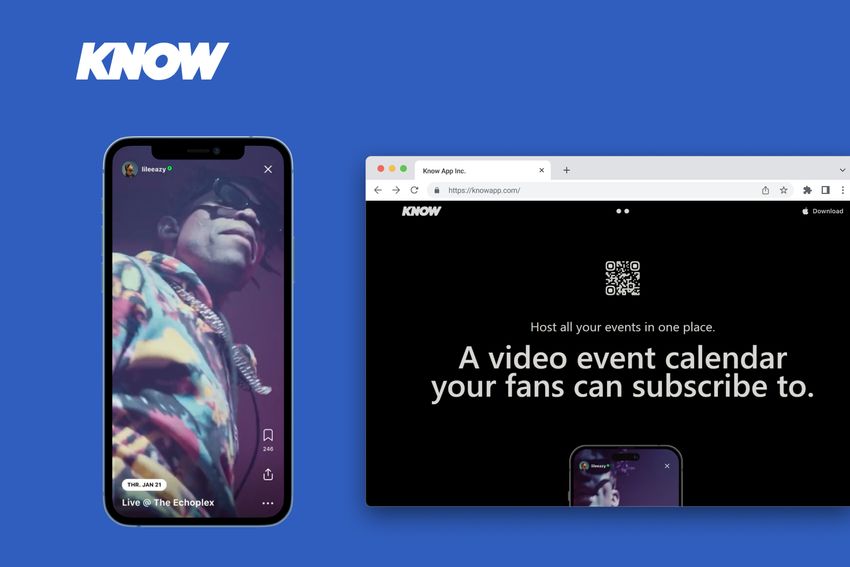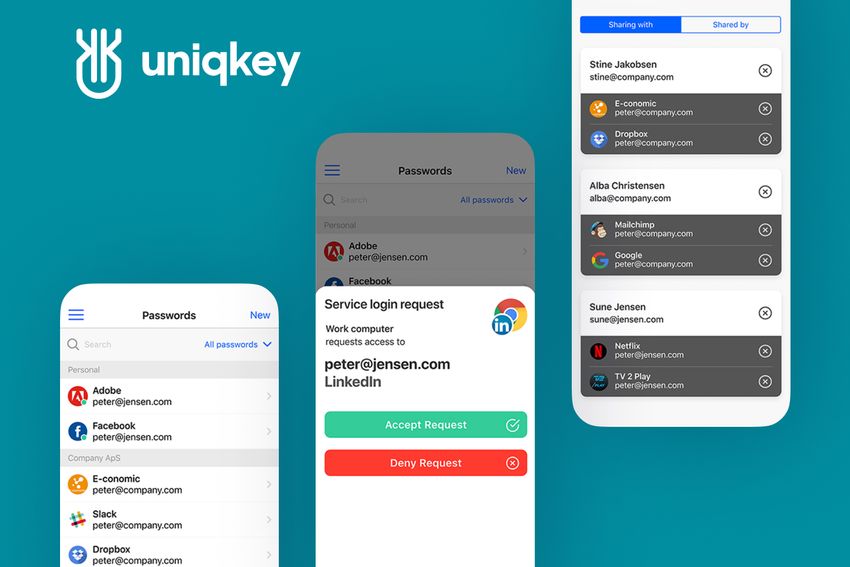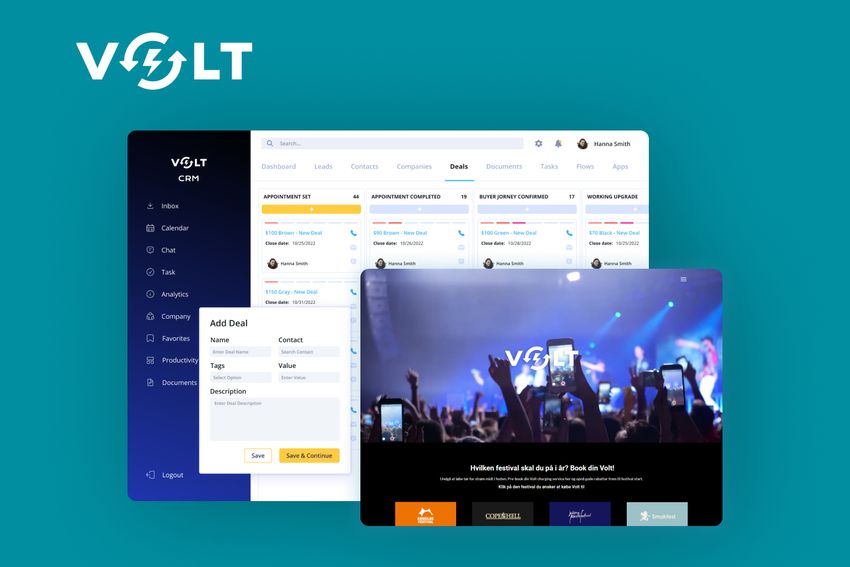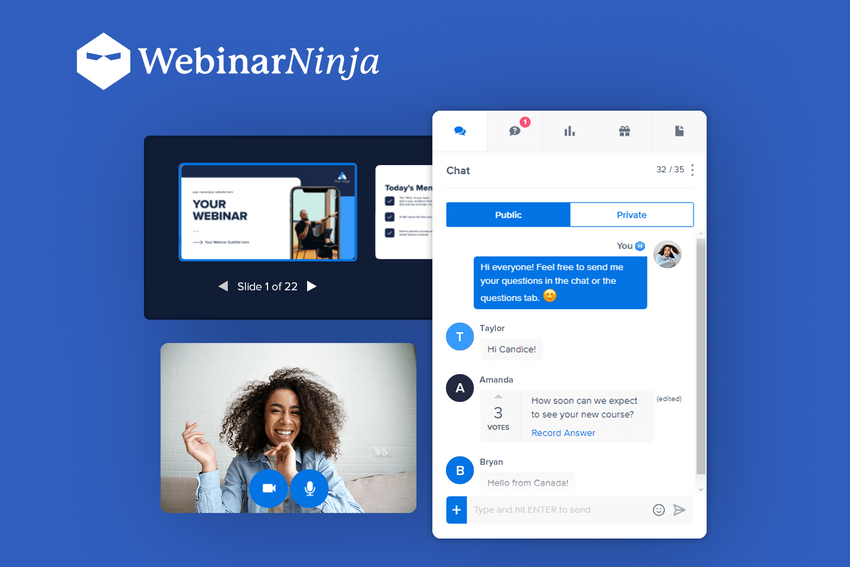Inside the Dev Brain: Top Coding Jargon and Programming Slang Every Coder Should Know
Dive into the quirky world of developer lingo and terms with this professional guide to coding jargon and programming slang every software engineer should know.
Ever overheard developers talking and thought they were speaking a different language? You’re not wrong. From “rubber ducking” to “yak shaving” and “merge hell,” coding culture comes with its own hilarious (and sometimes confusing) slang.
In this article, we’re cracking open the dev dictionary to decode the top programming jargon and coding slang every coder, team lead, or curious onlooker should know. Let’s dive into the weird, witty, and wonderfully nerdy world of dev-speak!
Main Categories of Coding Jargon
Programming slang isn’t just one big blob of chaos (well… most of the time). It actually falls into a few buckets — from the fundamentals to the freaky. Here's a breakdown of the main categories so you can flex your dev fluency like a pro:
Basic Coding Terms
These are the bread and butter of coding. If you’re new to the scene, these will be your go-to tools, like learning to walk before you debug.
- Variable – A container for storing data. Think of it as a labeled jar you can fill with numbers, strings, or whatever data you're messing with.
- Function – A reusable block of code that does something. Like a coffee machine: input beans and water, get espresso.
- Syntax – The grammar of code. Get it wrong, and the compiler throws a fit. Miss one semicolon and boom — instant rage.
Slang and Jargon
Here’s where things get spicy. This is the informal (and often hilarious) lingo that devs throw around in Slack threads and late-night commits.
- Rubber Ducking – Explaining your code problem out loud (often to an actual rubber duck) to help yourself figure it out. Yes, it works.
- Bikeshedding – Arguing over tiny, insignificant details while ignoring the bigger problem. Like spending 3 hours picking a button color.
- Spaghetti Code – Code that’s tangled, messy, and impossible to follow. Usually created during caffeine-fueled panic sessions.
Development Terms
These are the bigger building blocks of how stuff works under the hood. You’ll hear them all the time in dev meetings or when pretending to know what that senior engineer is ranting about.
- Backend – The server-side part of a website or app. It’s where the logic, databases, and magic live.
- Frontend – The part users actually see and click. It’s all about visuals, interactions, and making things look like they work.
- Framework – A dev toolkit that gives you structure, so you're not reinventing the wheel with every app.
- Stack – The combo of technologies (frontend, backend, database, etc.) your project is built with. Everyone swears theirs is the best.
Popular Abbreviations and Acronyms
Tech loves abbreviations. The more cryptic, the cooler they sound. Here's a few you’ll see 100 times a day:
- IDE – Integrated Development Environment. A fancy text editor on steroids. It highlights your mistakes before you even make them.
- API – Application Programming Interface. Think of it as a menu for two apps to talk to each other.
- UI – User Interface. Everything you can see, tap, click, or yell at on the screen.
- UX – User Experience. How it feels to use your app — smooth sailing or rage-clicking included.
Top 20 Popular Coding Slang Terms
Ready to sound like a battle-hardened engineer in your next standup? These are the MVPs of dev lingo — slang you’ll hear in code reviews, team chats, and occasionally shouted at 2 AM deployments.
Approve
When someone gives a thumbs-up on your pull request, it usually means “I glanced at it and it didn’t explode.”
“Looks good, I’ll approve it before coffee kicks in.”
Boilerplate Code
Generic, copy-paste-friendly code that you reuse in almost every project. Not exciting, but necessary.
“Yeah, just drop in the boilerplate and tweak the config later.”
Bot
A script or tool that automates repetitive tasks. Sometimes helpful, sometimes chaotic.
“The bot auto-tagged every issue as ‘critical’. Again.”
Brute Force
Solving a problem by trying all the possibilities, even if it's ugly and slow.
“It’s not elegant, but brute force got the job done.”
Bug
An error or flaw in the code that makes your app do something stupid (or nothing at all).
“It’s not a bug, it’s a feature.” – Every developer, ever.
Commit
Saving your changes to version control. Basically saying, “Here’s my code, don’t @ me.”
Debug
The sacred ritual of finding and squashing bugs, often involving late nights and existential dread.
Deploy
When you push code to a live environment and pray that everything holds.
“Deploying on Friday? You’re brave.”
DRY (Don’t Repeat Yourself)
A coding principle that helps avoid duplication. Because writing the same code twice is not good.
Feature
Something new and shiny that users might want. Or a bug cleverly disguised.
“Why doesn’t it work? Oh, that’s a feature now.”
Fork
A clone of someone’s project so you can mess with it freely without touching the original.
“I forked it and added dark mode because… why not?”
God Object
A class or file that tries to do everything — and ends up doing nothing well.
“This thing handles routing, DB calls, and user auth. Total God Object.”
Heisenbug
A bug that disappears or changes behavior when you try to debug it. Yes, it mocks you.
“The test failed 10 times, but now it’s passing. Must be a Heisenbug.”
Higgs Bugson
A bug that only shows up under super rare conditions, like a full moon on a leap year.
“We hit the Higgs Bugson last night — it only broke when a user from Antarctica uploaded a .tiff file.”
Merge
Combining code from different branches. It would be easy if everyone behaved. Pure chaos if not.
Merge Conflict
When two people change the same part of the code, Git asks you to break up the fight.
“We spent more time resolving merge conflicts than actually coding.”
Pull Request (PR)
Your formal “Hey team, please look at my code” gesture. Often accompanied by GIFs.
Push
Sending your local code to the remote repository. The final “here goes nothing.”
Refactor
Cleaning up your code without changing what it does. Feels like tidying your room, but for JavaScript.
“This works, but it’s ugly. I’ll refactor after lunch.”
Rollback
Undoing a deployment because everything’s on fire.
“Roll it back. Just… roll everything back.”
Standup
A quick team meeting where devs summarize what they did, what they’re doing, and what’s currently ruining their lives.
Unicorn
A dev who can design, code, test, write docs, and make espresso. Rare. Mythical. Probably exhausted.
WET (Write Everything Twice)
The opposite of DRY. Usually happens under pressure or lack of caffeine.
“This code’s WET as hell. Let’s dry it out.”
Yak Shaving
Doing a bunch of seemingly unrelated tasks just to do the actual thing you set out to do.
“I just wanted to update a button color. Now I’m rebuilding the entire design system. Classic yak shaving.”
Yoda Conditions
Writing conditionals backwards, like the syntax of our favorite Jedi.
“If (42 == answer)” – Master Yoda would be proud.
Key Development Terms and Developer Words Everyone Should Know
Whether you're new to coding or just tired of nodding along in meetings, these are the essential coding slang terms that'll help you understand what the heck your teammates are talking about. Consider this your mini-dictionary of developer speak:
Code Review
The sacred ritual where your teammates lovingly roast your code and (hopefully) catch bugs before users do. It’s less about judgment and more about making things better together.
“Pushed my PR, waiting on code review. Please be gentle.”
Compiling
The act of turning human-readable code into machine code. Think of it like translating Shakespeare into binary — so your computer actually knows what to do.
“It works fine, but it takes forever to compile. Go grab a coffee.”
Debugging
When you put on your detective hat and start hunting for the bug that ruined your day. Involves breakpoints, console logs, and muttering “why?” a lot.
Feedback
Comments and suggestions from teammates or users. Sometimes helpful, sometimes painful — always valuable.
“Thanks for the feedback — I’ll pretend I didn’t cry after reading it.”
Library
A collection of pre-written code that does specific tasks, so you don’t have to reinvent the wheel every time. Thank your favorite library today.
“Just use Lodash. Don’t fight it.”
Loop
A way to repeat an action in code. For example: “While tired, drink coffee.” Repeat until fully awake or out of caffeine.
Machine Learning
When your code writes code. Sort of. It's the branch of AI where systems learn from data instead of being explicitly programmed. Very hot right now.
“The app uses machine learning to recommend memes. It’s basically sentient.”
Server
The heavy lifter behind your favorite apps. It stores, processes, and delivers data when users do stuff. Basically, it’s where the magic happens.
Source Code
The original recipe for your app. It’s your code in its purest form — before it’s compiled, minified, or turned into a live product.
Team Lead
The person who keeps the dev squad on track, unblocks issues, and probably juggles five meetings a day. Half mentor, half shield.
“Ask the team lead. They’ve seen things.”
Wrapping It Up: Code Hard, Talk Smart
Coding slang and dev slang aren’t just buzzwords — they’re part of the culture that brings developers together. From casual laughs during standups to serious discussions in code reviews, this unique language helps us bond, work faster, and sometimes… just sound cool.
But remember: clarity beats cleverness when it comes to collaboration. Don’t be afraid to ask, explain, or even laugh at the weirdness of it all. Whether you’re a junior dev still learning the ropes or a senior who's seen every merge conflict under the sun, there’s always new lingo to learn.
So go ahead — refactor your “spaghetti code,” dodge a “Heisenbug,” and drop your next “PR” like a pro.
Happy coding, and may your commits always be clean! Also, if you need help with your project idea, Fively specialists are always here to help you!
Frequently Asked Questions
Terms like "refactor," "compile," or "stack" can trip up beginners. “Refactor” doesn’t mean rewriting everything — it means restructuring code without changing what it does. “Stack” isn’t about pancakes; it refers to the tech tools used to build your app (like React + Node.js + MongoDB). And “compile” doesn’t mean running your app — it's converting your code into a language your machine understands.
Yes — especially in mixed teams or when collaborating with non-dev folks. While slang can build camaraderie and speed things up, it can also confuse teammates, clients, or junior devs. Keep it clear, especially in documentation or when onboarding new people.
Ask. Seriously. Dev teams thrive on collaboration, not gatekeeping. Odds are someone else was also wondering. You can even say: “Hey, just to be sure — what do you mean by ‘yak shaving’ here?” You’ll either get an answer or learn something weird and wonderful.














